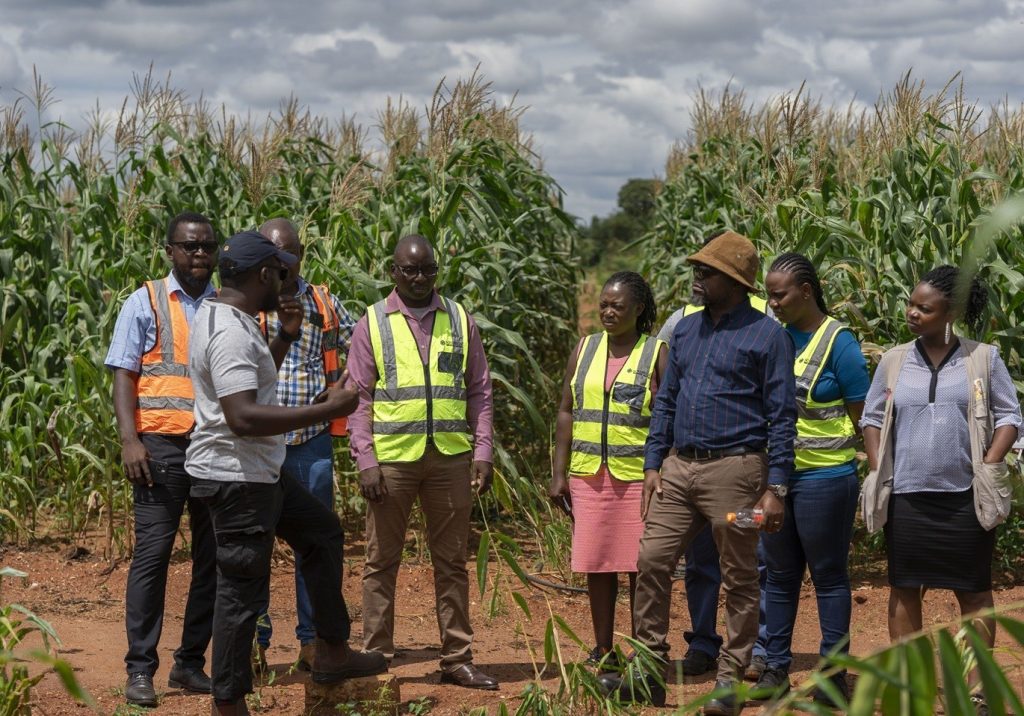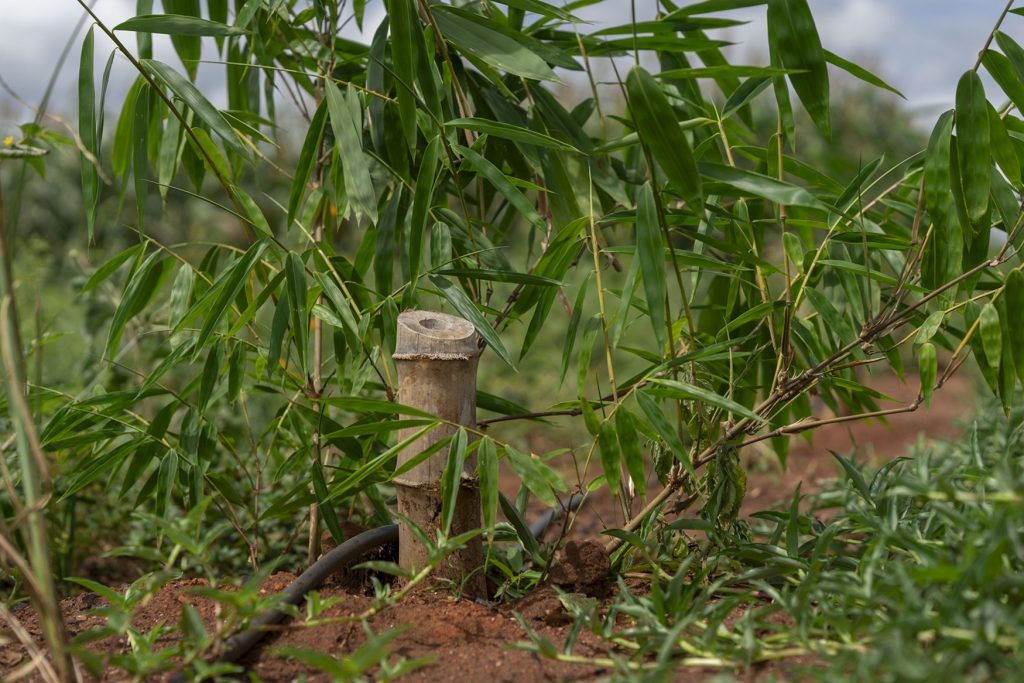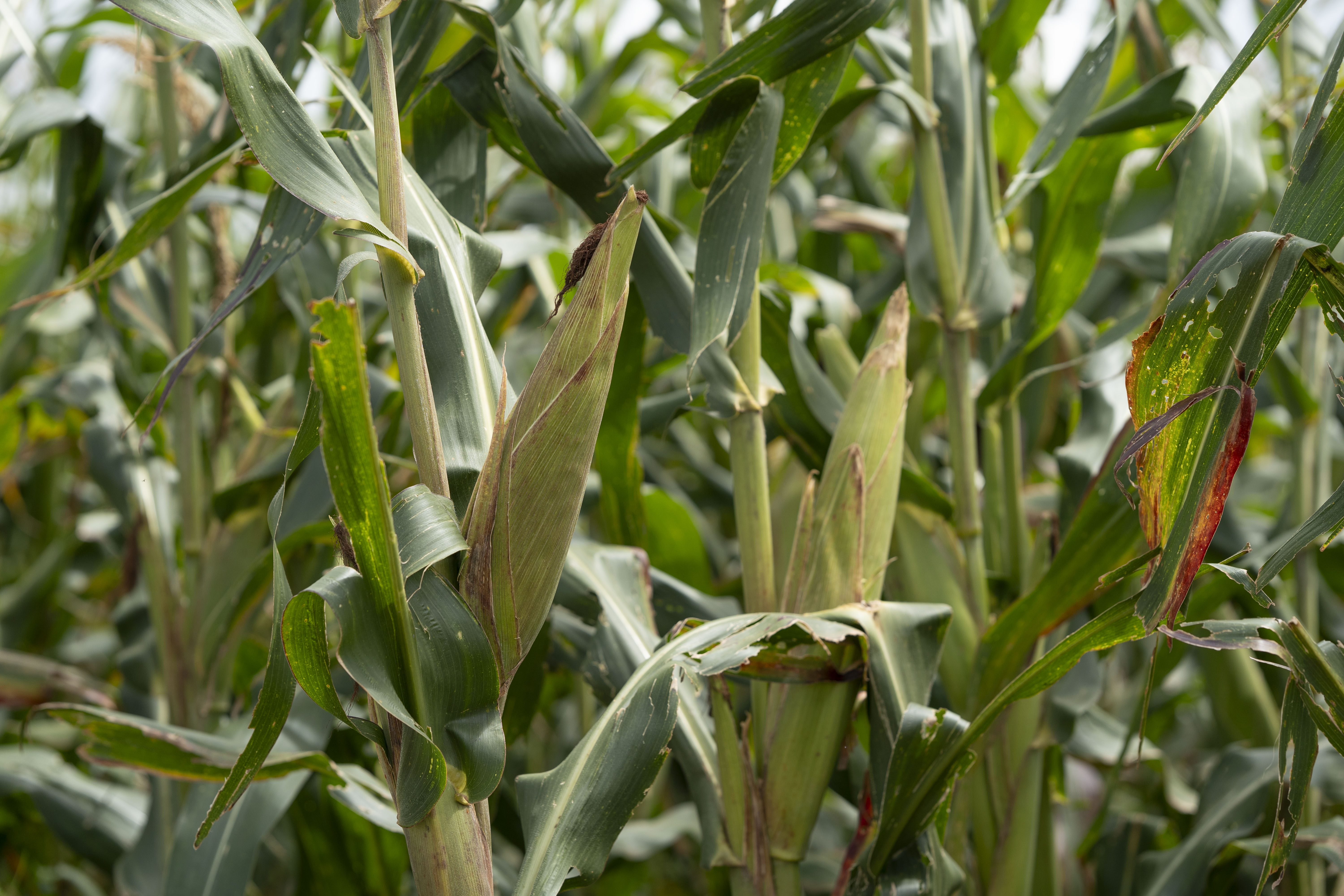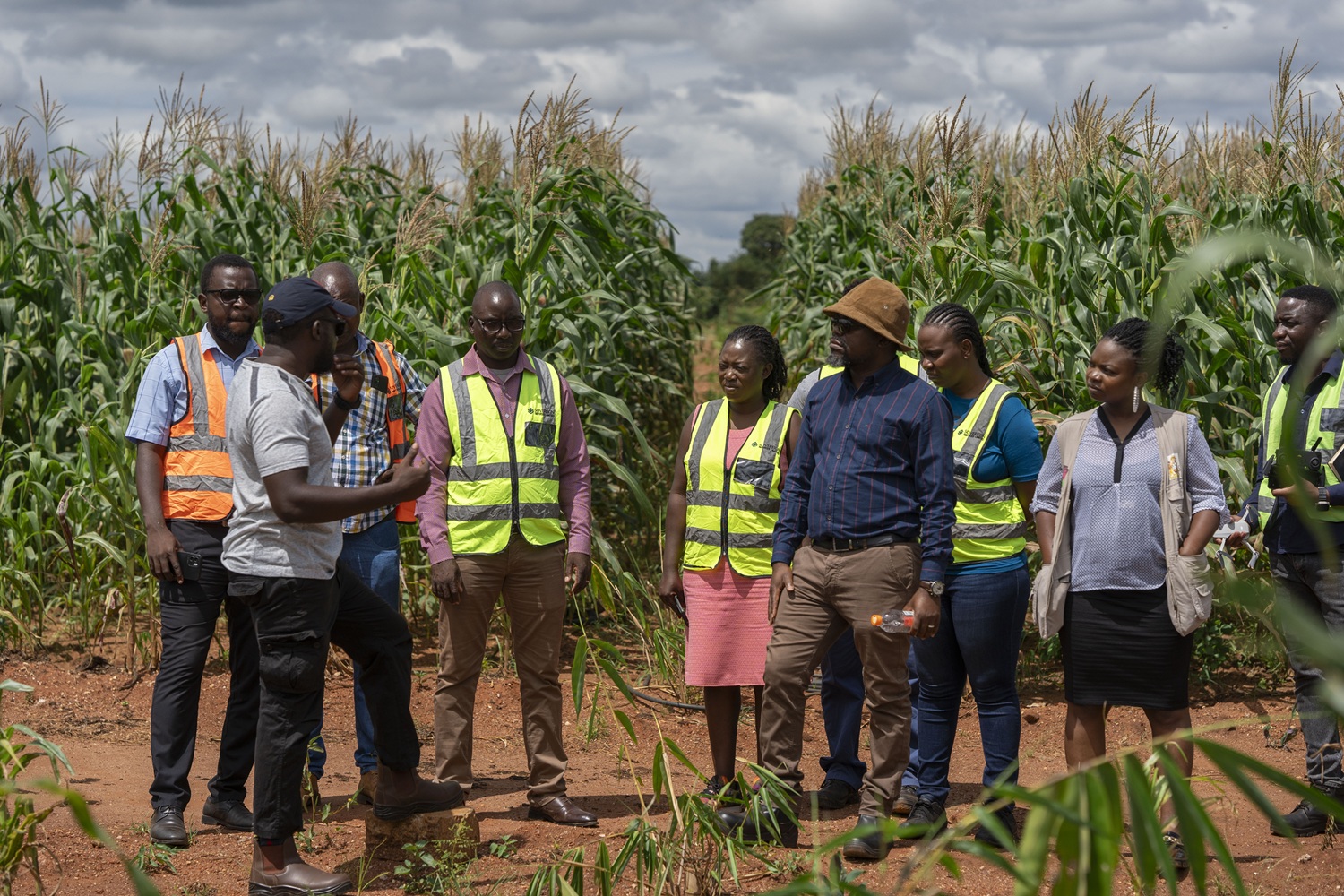
FOR IMMEDIATE RELEASE
WITH PICTURES
APRIL 11, 2025
GOVERNMENT PRAISES SOVEREIGN REHAB SITE AS A MODEL FOR SUSTAINABLE MINING PRACTICES



LILONGWE, MALAWI – Government has commended Sovereign Services for its commitment to responsible mining practices through the land rehabilitation efforts at its Kasiya Rutile Project exploration site.
During a recent visit to the Sovereign rehabilitation site, members of the Lilongwe District Council Special Planning Area Taskforce for the Kasiya Rutile Project observed firsthand the successful restoration of land previously used for a mining and rehabilitation trial.
During the tour, Deputy Commissioner for Physical Planning in the Ministry of Lands and a member of the taskforce, Phillimon Mkwezalamba, described the outcome as a benchmark for responsible resource development in Malawi as it transitioned from an open excavation pit back to productive agricultural land.
“We first came here to appreciate the rehabilitation site when it was dug. This time around, we have come to appreciate what they have done to bring back the soil to its original form and plant the different crops that are here. The first word is it’s truly amazing. It’s amazing because we didn’t expect to see things like this. When we hear about mining, [the perception often] is that people just open the soils and then once they have taken whatever they want, they just go,” Mr Mkwezalamba stated.
He further explained the comprehensive nature of Sovereign’s rehabilitation, noting: “They have told us about the processes, how they have done it to make sure that the soil is back to usable levels; we have really seen it to say that indeed this is possible that after doing the open-cast mining… they are able to bring the soils back and then put them to use.”
Mr Mkwezalamba highlighted the various techniques employed, including the planting of diverse crops, intercropping, the use of vetiver grass and bamboo for soil conservation, and the application of soil science to restore carbon levels and productivity, potentially making the land “even more [productive] than how it was in the first place”.
He further addressed the distinction between current activities and future potential mining, stating that mining activities do go through various stages, and that the area has been going through exploration activities, and Sovereign Services has not been given the licence to mine, but a licence to explore.
“So, it means there is no way we can say they are mining, because they are not given that licence yet,” he continued.
He confirmed that the work involves taking small samples for testing to determine mineral quantity and quality, not large-scale extraction for commercial sale.
Addressing potential concerns among local communities regarding land use, Mr Mkwezalamba emphasised the temporary nature of land disruption during exploration and mining phases.
“I think what I can say is that there is need for continued engagement with the farmers and the locals. There should be massive sensitisation; it will just be for a short period of time.,” he explained to local people.
He also pointed to thriving maize and other crops as evidence of the land’s restored potential, which could lead to “bumper harvests” and improved local livelihoods through modern farming practices learned during the rehabilitation process, undertaken collaboratively with local landowners.
And Director of Planning and Development at the Lilongwe District Council and another taskforce member, Willard Chirwa, echoed these positive sentiments, saying: “We came here when there was an excavation; today we came to see the restoration. I’m very much impressed with what has been done here. Because the land has been restored in its former glory, and we have seen the immense bumper yield come out of it.”
Mr Chirwa viewed the rehabilitation as exceeding expectations and highlighted the socio-economic benefits.
“The harvest that will come from this land will by far exceed the original harvest because of the new technology that is applied,” he observed.
He further noted the project’s value as a model, stating: “As a council, we are happy because it will be like a training lab for other people. This will be the standard.”
He added that if implemented fully, the project promises a bright future for the Khongoni area, Lilongwe District, and Malawi as a whole.
Both officials acknowledged the government’s role in overseeing the process, ensuring legal compliance regarding land use planning and compensation, and coordinating between Sovereign, local chiefs, council offices, and the communities to safeguard livelihoods and ensure fair treatment.
The Kasiya Rutile Deposit is poised to become a cornerstone of Malawi’s economic development, creating employment opportunities and generating significant revenue for the country. Sovereign Services is working closely with the Government of Malawi and local communities to ensure the project delivers lasting benefits, reinforcing its role as a catalyst for sustainable growth and community empowerment.
-Ends-
About Sovereign Services
Sovereign Services is the Malawi operation of Sovereign Metals Limited, which is focused on developing its Kasiya Rutile-Graphite Project in Malawi to become a leading global supplier to the titanium and graphite industries.
Kasiya is the world’s largest natural rutile deposit – the purest, highest-grade naturally occurring titanium feedstock – and the world’s second-largest flake graphite deposit – a battery mineral essential for the energy transition.
www.sovereignmetals.com.au
For media inquiries please contact:
Gillian Langmead at Langmead & Baker Ltd;
+260 979 060705;
info@langmead.com

